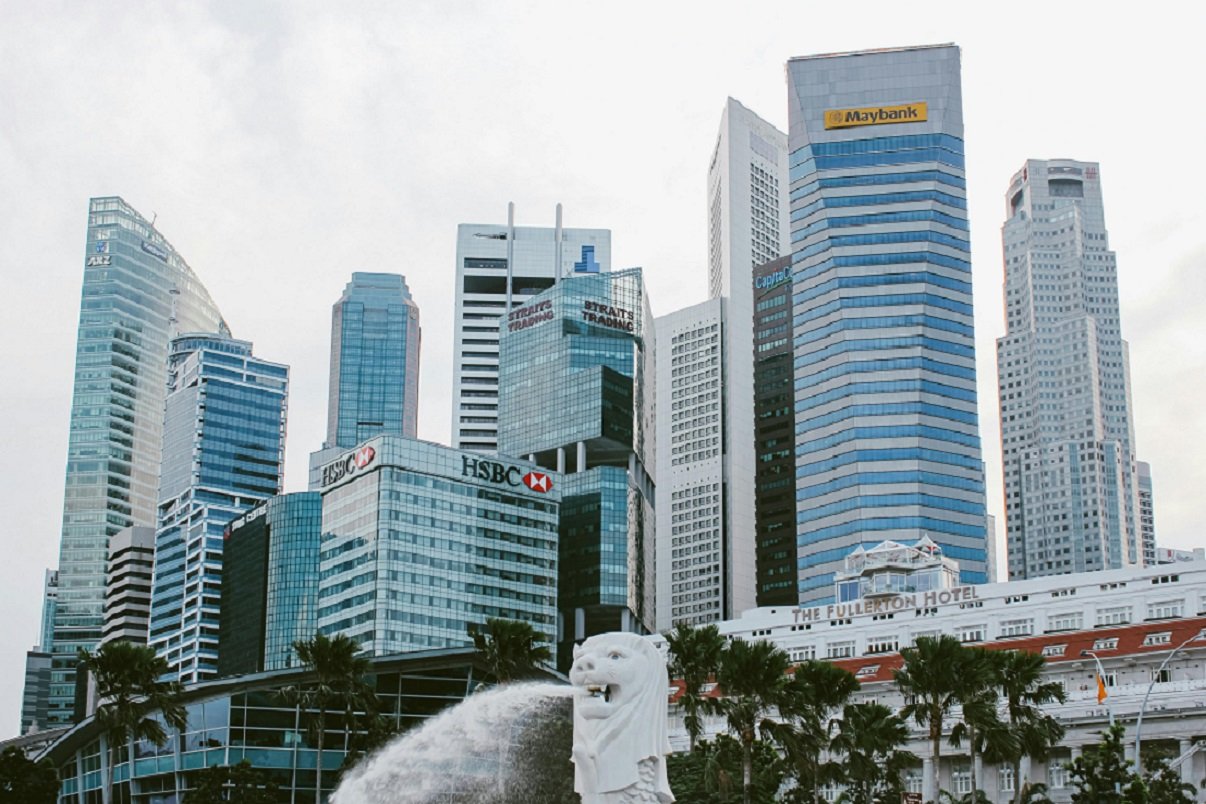The government is also in talks with banks to secure loans of up to Rs2 trillion, and is seeking relief on Rs. 800 billion in interest payments.
Fuel Prices Expected to Rise Once Again for Next 15 Days. The Government of Pakistan is planning to hike petrol prices up to Rs10 per litre again by increasing the petroleum levy, as authorities struggle to deal with a deepening financial crisis in the energy sector. Interestingly, the prices of petroleum products have witnessed a continuous trend of increase since June 01, 2025. Previously, the prices remained stagnant even during the “Operation Bunyan um Marsoos” when Pakistan retaliated against India. The first major increase came on June 15, 2025 when petrol price increased Rs4.8 Per Litre; raising it to Rs262.59 from Rs254.64 per litre. The price of high-speed diesel was also increased by Rs 7.95 per litre, taking it from Rs 253.63 per litre to Rs 258.43.
There was another revision on June 30, 2025. The petrol price saw an increase by reaching Rs 266.79 per litre. The price of diesel also went up and it was Rs. 272.98. On July 15, 2025, the government exploded another increase of inflation hit common man. Petrol Price Hiked by Rs5.36, Diesel up By Rs11.37 Per Litre. The price of petrol was set at Rs 272.15 per litre for last 15 days of July 2025. The price of high-speed diesel was set at Rs 284.35 per litre.
Why is it increasing contnuously?
Talking of Fuel Prices Next 15 Days, the increase may be damaging. However, it is also very necessary owing to the current expenditure. According to officials, the proposed increase is part of a broader fiscal strategy that will generate revenues and reduce Pakistan’s massive Rs2.8 trillion circular debt in the gas sector. The move will directly impact fuel consumers across the country. It could also lead to a fresh spike in inflation. The proposed increase is currently under review by the Finance Ministry and the Energy Ministry, with a formal announcement expected soon. If approved, the revised levy could significantly increase petrol and diesel prices in the coming days.
Officials estimate that the move could generate Rs180 billion in revenue annually, helping the government meet its domestic debt obligations without relying on external assistance.
Inflation is already weighing on households, and further fuel price hikes are likely to spark public anger. Economists have warned that the rise in petrol prices will have a huge impact on transport, food prices and utilities – worsening the cost of living for millions of Pakistanis.
The decision comes amid growing pressure from the International Monetary Fund (IMF), which has called for a clear plan to reduce energy sector debt. Failure to comply could affect the release of the next tranche of the loan, which is crucial to stabilizing Pakistan’s economy. The government is also in talks with banks to secure loans of up to Rs2 trillion, and is seeking relief on Rs. 800 billion in interest payments.





